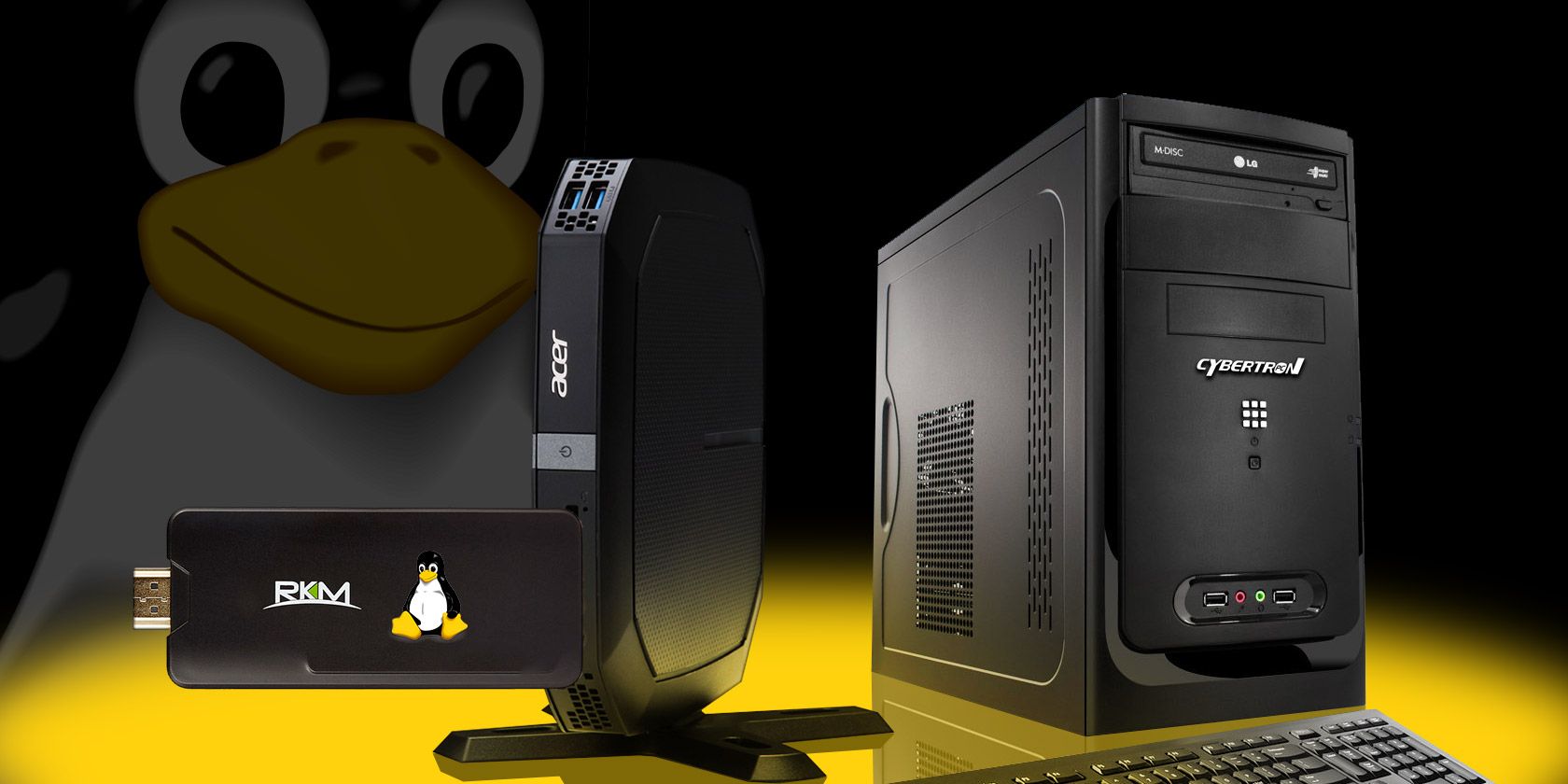
Looking for a new PC but don’t have the budget for what most reviewers recommend? Building your own computer is an option, but it might be far easier to look for a low-cost pre-built alternative instead.
Linux computers are the most affordable by a mile, but don’t let that scare you. If you don’t have Linux experience, you’ll be just fine as long as the computer comes pre-installed with Ubuntu or another well-supported Linux operating system.
Here are several Linux computers that you can get for under $500.
1. Compulab MintBox Mini 2 Pro (MBM2 Pro)
Shipping with Linux Mint 19 pre-installed, this compact PC looks like a heat sink that runs on a quad-core Intel Celeron J3455 with 8GB RAM, a 120GB SSD, with PCIe 802.11ac WiFi and Bluetooth 4.0, two USB 3.0 ports, and two USB 2.0 ports are included, along with a microSD card slot.
Standard HDMI, Mini DisplayPort, and dual Ethernet ports can also be found on the MintBox Mini 2 Pro. The device ships with a pair of Wi-Fi antennae, and is suitable for a number of tasks, from light computing and coding to streaming media.
The compact size and unusual appearance may be disconcerting at first, but Compulab have made great strides in the fanless PC market, so this is worth giving a try. The MintBox Mini 2 Pro is available from the Compulab website for $349.
2. ZaReason Limbo 6330a
The sub-$500 price tag of this tower PC will get you an Ubuntu 18.04 LTS powered computer with an AMD Ryzen 3 1200 3.1GHz quad-core CPU, 4GB of DDR4 RAM, and a 7200 RPM 1TB hard disk drive.
Intel HD Audio handles 7.1 Dolby surround sound, while graphics are controlled with an Nvidia GT 210. With two optical drive bays and a pair of 3.5 inch bays, you can extend this tower with DVD, Blu-ray, or even a hot-pluggable removable HDD .
VGA, HDMI, and DVI are all options for video, the tower includes two USB 3.0 and four USB 2.0 ports, an Ethernet port, and there’s even a PS/2 port for older keyboards and mouses. In addition, this computer features two PCI slots, one PCI-Express 2.0 x 16 slot, a PCI-Express 2.0 x 1 slot, four DDR3 slots for expanding RAM, and six SATA ports.
In short, this is the computer to buy if you’re looking for a device you can upgrade over time but don’t have the big bucks for a top-of-the-line PC.
3. Endless Desktop Linux Mini PC
The company behind the Endless OS also has a range of visually stunning Linux PCs that come with their family-oriented operating system pre-installed.
Evocative of 1990s Apple computers, the Endless devices squeeze an Intel processor, HDD, and RAM into visually stunning, ergonomic designs. Several are available (with wonderful names), but we’re looking specifically at the $229 device simply labeled “Endless.”
It packs an Intel Celeron N2807 1.58 GHz dual-core CPU with 2GB of RAM and a 500GB hard disk drive stores your data. internet is available via Ethernet port or 802.11 b/g/n Wi-Fi, there’s Bluetooth 4.0 connectivity, and the computer sports two USB 2.0 ports and one USB 3.0 port. With HDMI and VGA connectors for your display, there’s also 3.5mm stereo, a built-in mic, and an integrated loudspeaker.
If you’re looking for an affordable Linux desktop that looks superb, pick the Endless.
4. Entroware Aura
Featuring a dual-core 2.4GHz Core i3 7100U CPU and 8GB DDR4 RAM, the Entroware Aura comes with a 120GB SSD and Intel HD Graphics. Intel AC Wi-Fi, Bluetooth and Gigabit Ethernet port are also included, along with four USB 3.0 ports, and a microSD slot for expanded storage. There’s also the expected HDMI port, and a USB type C combined Mini DisplayPort for connecting display devices.
All of the hardware options can be upgraded to higher spec options, but this will, of course, increase the cost.
The price for the basic version of the Aura is £499. (Unfortunately, Entroware only ships to addresses within the UK and European Union as of this writing.)
5. Pine 64 Pinebook
Probably the cheapest laptop of any platform, the $99 Pinebook is styled as a MacBook Air competitor with its similarly lightweight and slimline design. So, how does it cost so little? It uses ARM architecture instead of a CPU manufactured by Intel or AMD.
At the heart of the computer is a 1.2GHz quad-core ARM Cortex A53 64-bit processor with 2GB of RAM. Storage is a 16GB eMMC device, and a microSD card slot supports up to 256GB of additional space. Connectivity is courtesy of 802.11b/g/n Wi-Fi and Bluetooth 4.0, and there’s a built-in 0.3MP camera and microphone.
Like a tablet or Chromebook, it’s an adequate computer ideal for office tasks, web browsing, and using the apps that come bundled with it. However, the 10,000mAh Li-Po battery’s uptime isn’t as good as you might hope, and the keyboard can be a little difficult to get used to.
While Linux has a good selection of ARM-based apps, you won’t be able to do any high-definition video editing, image editing, or modern gaming. For everything else, the Pinebook will do the job just fine.
What Makes a Linux Mini PC Useful?
They’re small and they’re low-cost. You’re probably thinking that these computers aren’t up to much, but you would be wrong.
While the quality of the graphics processor might be restrictive for HD video and intensive image editing, and it’s unlikely you’ll be able to play the latest video games (even if you’re using Steam for Linux), these limits are true of Windows PCs that have similar specs.
But these computers are more than suitable for browsing the web, word processing, email and other office tasks, light image editing (photo fixing, for instance), retro gaming, webcam chats, and even running media center software like Kodi. For under $500, that’s not a bad deal.
A Wider Selection of Devices
If you’re looking for something more powerful and are happy to pay over $500, then a good place to start looking is the Ubuntu website, where you will find a large list of devices from big name manufacturers like Lenovo and HP that come with Ubuntu 14.04 LTS or 16.04 LTS pre-installed.
And if all of these options seem too expensive and all you want is a simple computer for browsing the web and word processing, you might just use a Raspberry Pi 3 as a low-cost desktop replacement.
Read the full article: The 5 Best Cheap Linux Computers to Buy Today
from MakeUseOf http://bit.ly/2vqMdIH

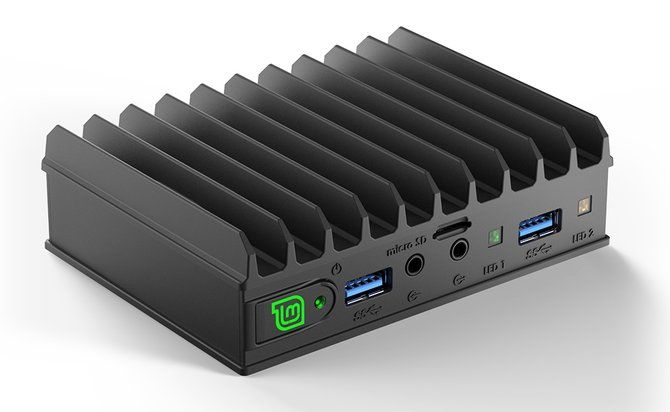
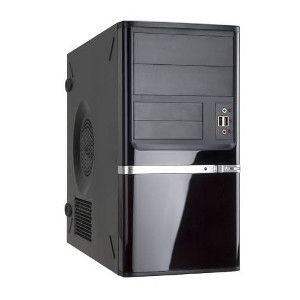
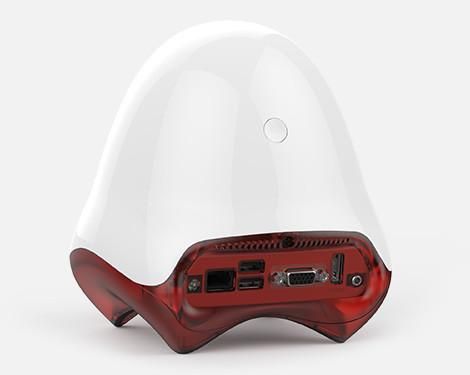
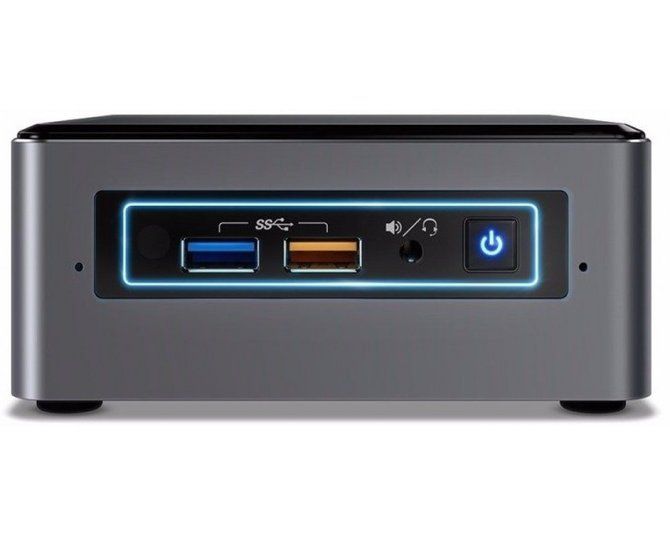
No comments:
Post a Comment